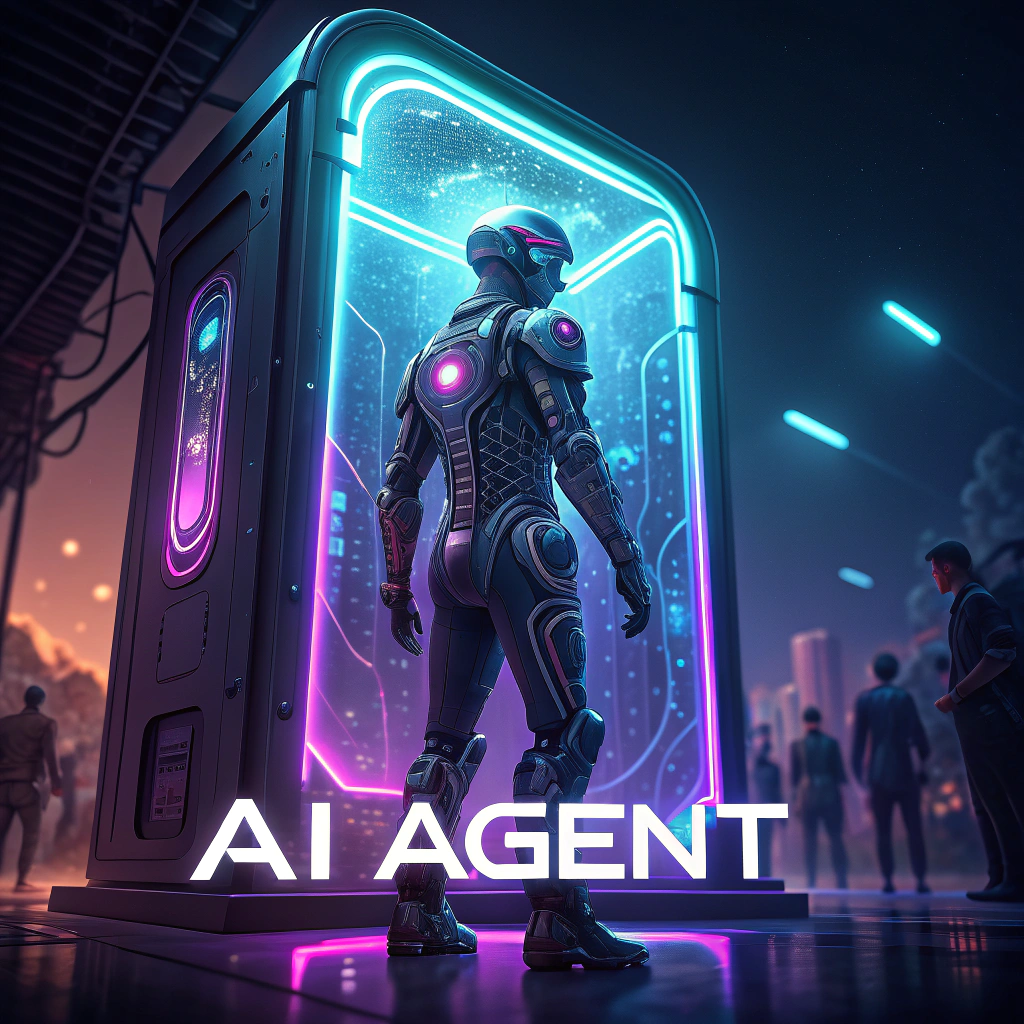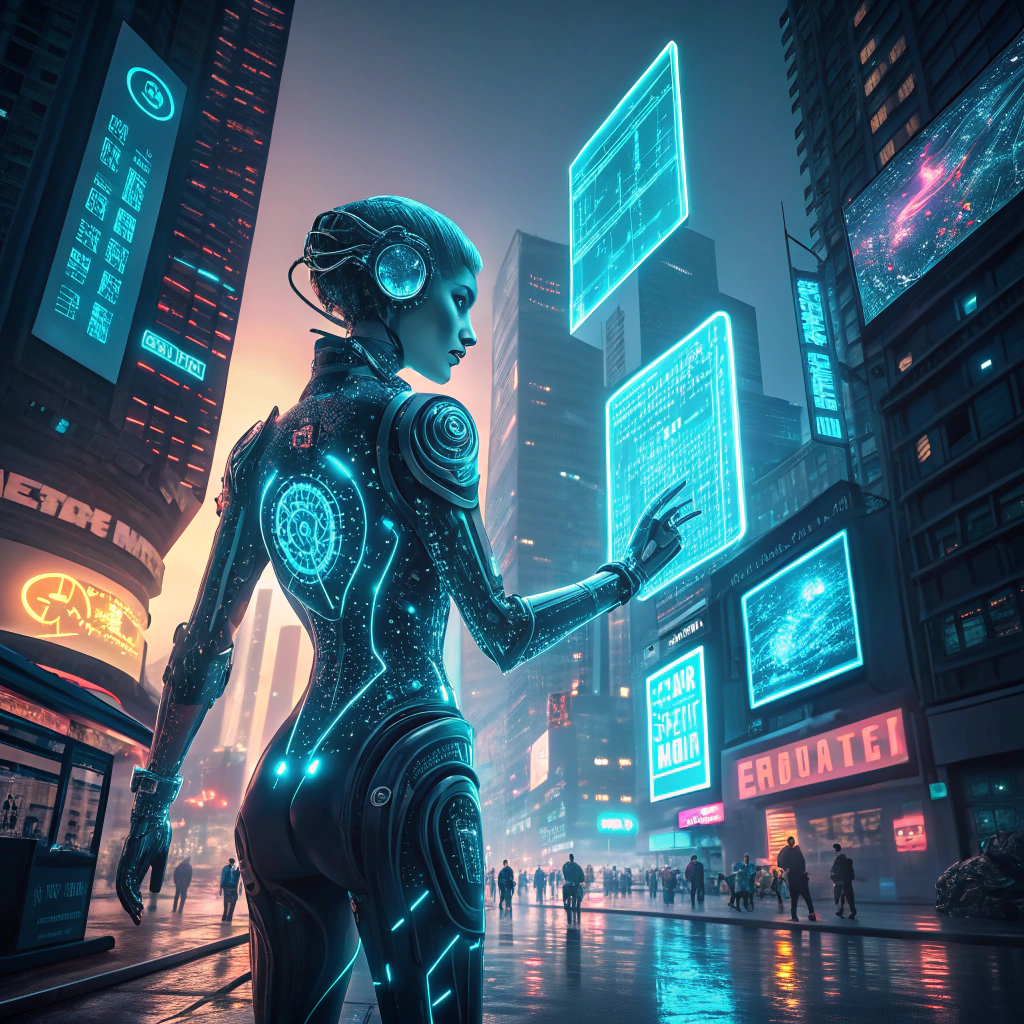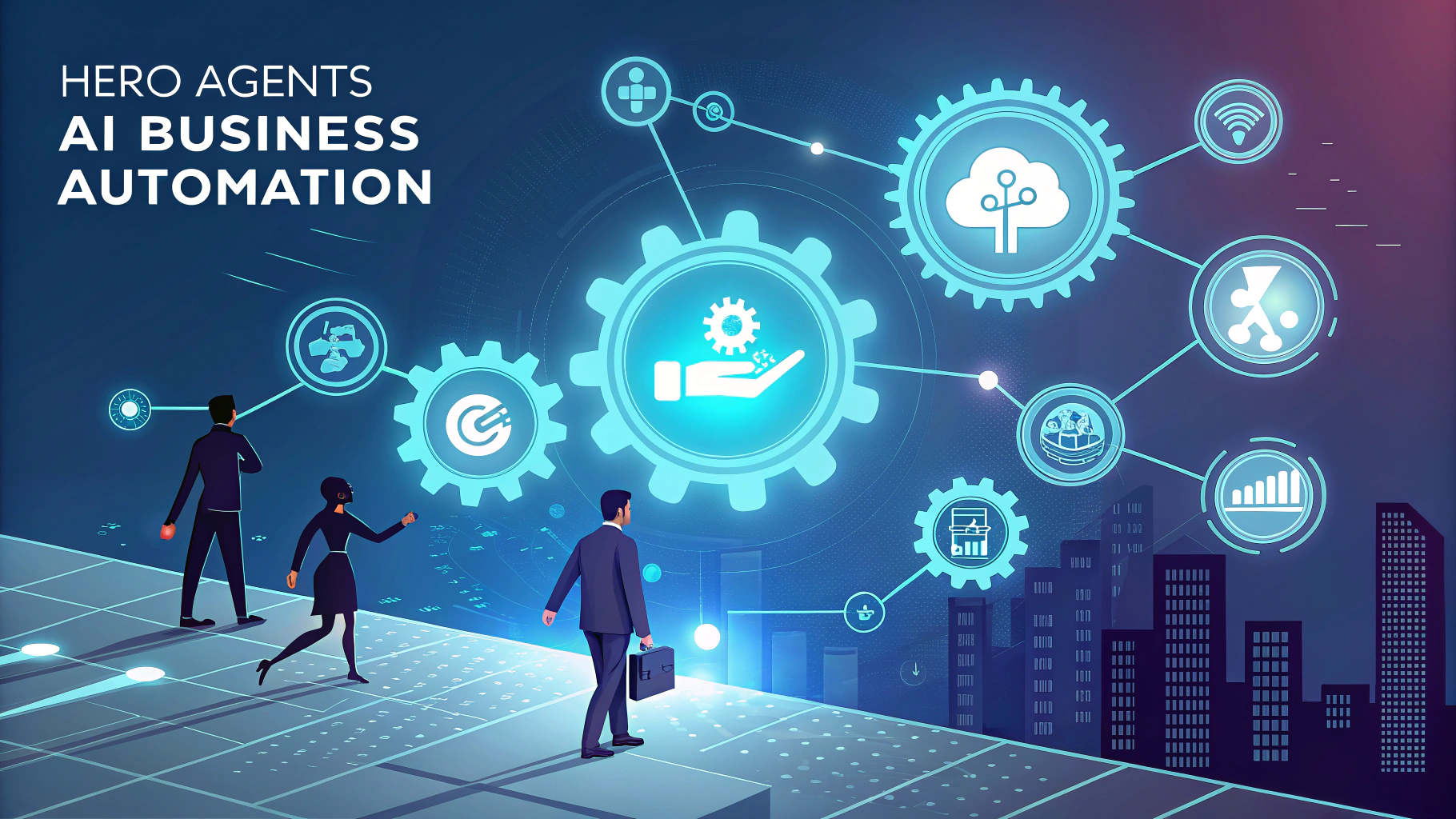AI Agents: Transforming the Digital Landscape

AI Agents: Transforming the Digital Landscape
In recent years, the rapid evolution of artificial intelligence (AI) has led to the development of the AI agent, a powerful tool that is transforming industries and redefining the way we interact with technology. AI agents, or AI-driven software entities, are designed to perform specific tasks autonomously, learn from data, and improve over time. This article explores the world of AI agents, their applications, benefits, and impact on various sectors in 2025.
Understanding AI Agents
AI agents are software programs that use AI algorithms to perform tasks that typically require human intelligence. These tasks range from simple data analysis to complex decision-making processes. AI agents can be broadly classified into two categories:
- Reactive agents – respond to stimuli based on pre-defined rules.
- Cognitive agents – possess learning capabilities and can adapt to new situations.

Applications of AI Agents
- Customer Service: AI agents, often in the form of chatbots, provide instant responses, handle multiple interactions simultaneously, and offer 24/7 support.
- Healthcare: AI agents assist in diagnostics, patient monitoring, and personalized treatment plans.
- Finance: AI agents automate trading, fraud detection, and risk management.
- Retail: AI agents improve inventory management, demand forecasting, and personalized marketing.
- Manufacturing: AI agents enable predictive maintenance, quality control, and supply-chain optimization.
- Education: AI agents deliver personalized learning experiences and real-time feedback.
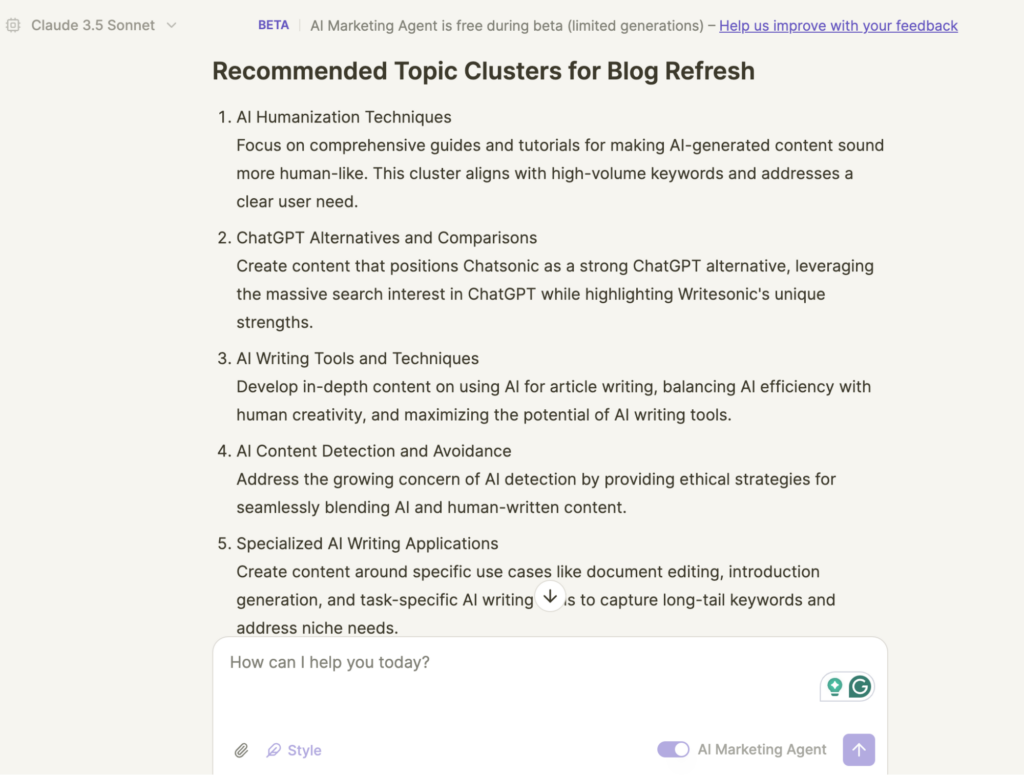
Benefits of AI Agents
- Efficiency – perform tasks faster and more accurately than humans.
- Scalability – handle large volumes of data and interactions with ease.
- 24/7 Availability – ensure continuous service and support.
- Data-Driven Insights – provide valuable insights for strategic decision-making.
- Personalization – tailor experiences to individual preferences.
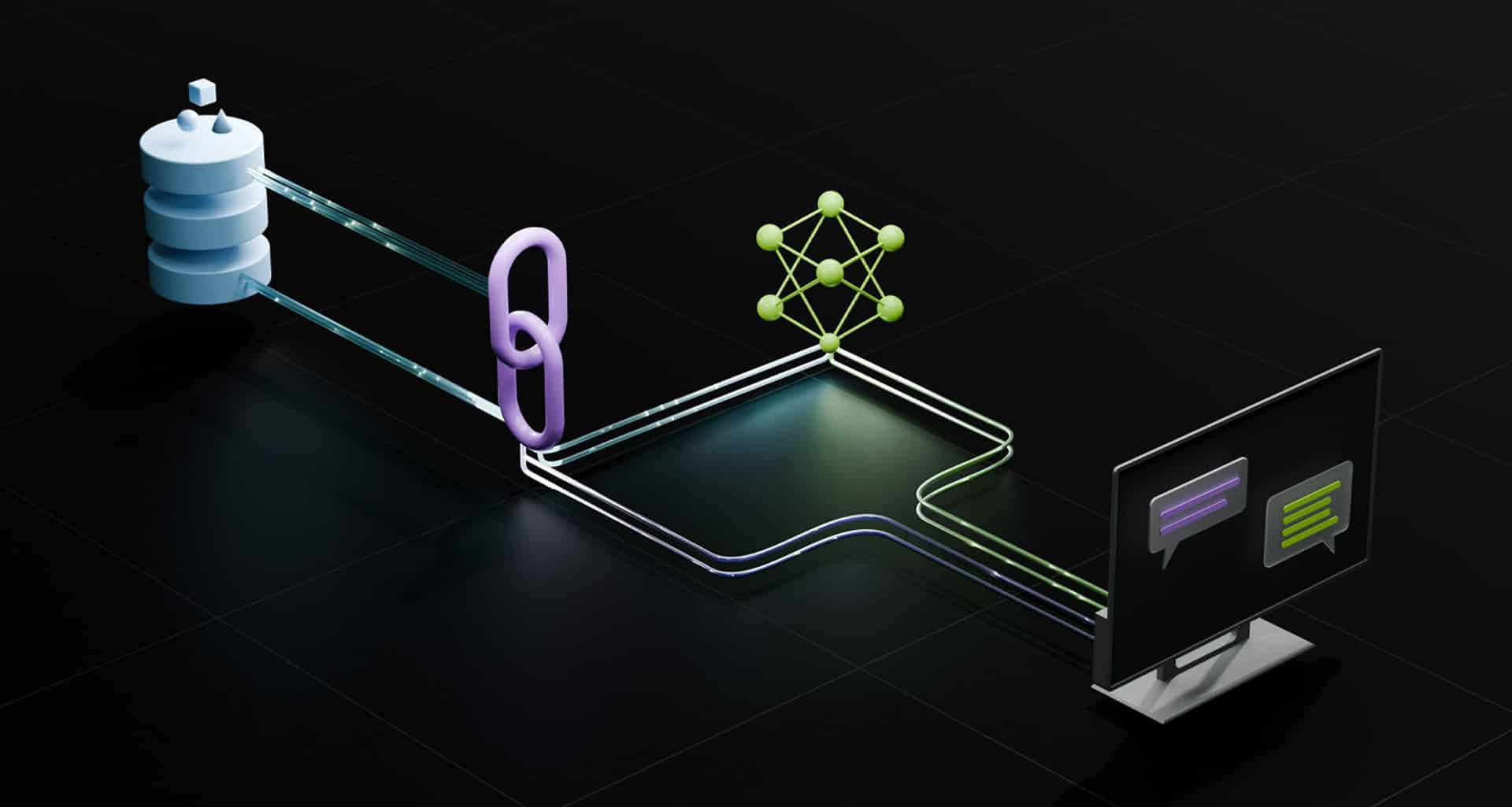
Challenges and Considerations
While AI agents offer numerous benefits, their deployment comes with challenges:
- Ethical concerns – privacy, bias, and accountability.
- System integration – complexity of integrating agents into existing infrastructure.
- Dependence on data – necessity for high-quality, secure data.
- Job displacement – need for reskilling and upskilling the workforce.
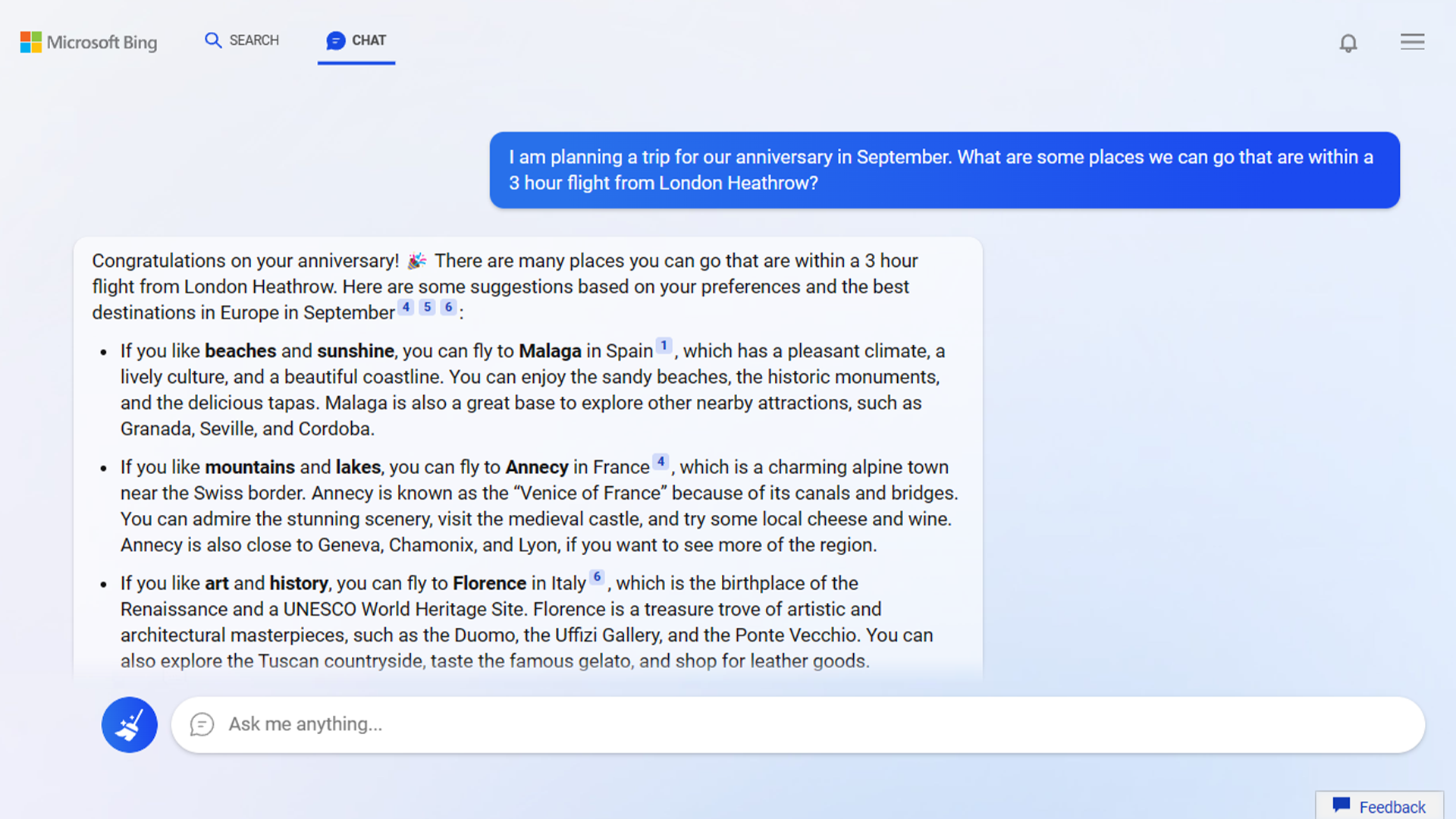
The Future of AI Agents
As AI technology advances, agent capabilities will become more sophisticated. Key trends include:
- Enhanced learning algorithms enabling rapid adaptation.
- Improved natural language processing for seamless interactions.
- Greater human-AI collaboration for innovative solutions.
- Expanded use cases across every industry.
Conclusion
AI agents are at the forefront of the AI revolution, driving change across multiple sectors and enhancing the way we live and work. By understanding their potential, applications, and challenges, businesses and individuals can harness the power of the AI agent to achieve greater efficiency, innovation, and success in 2025 and beyond.

